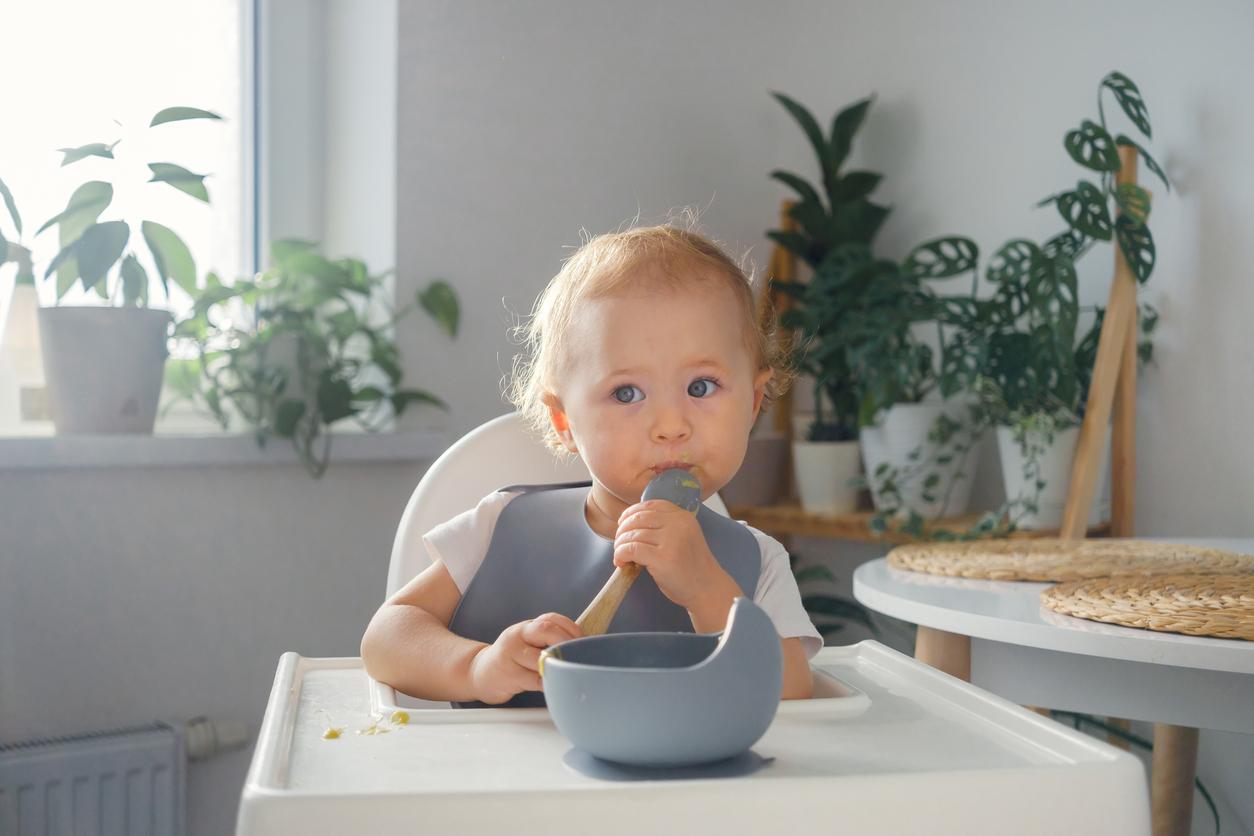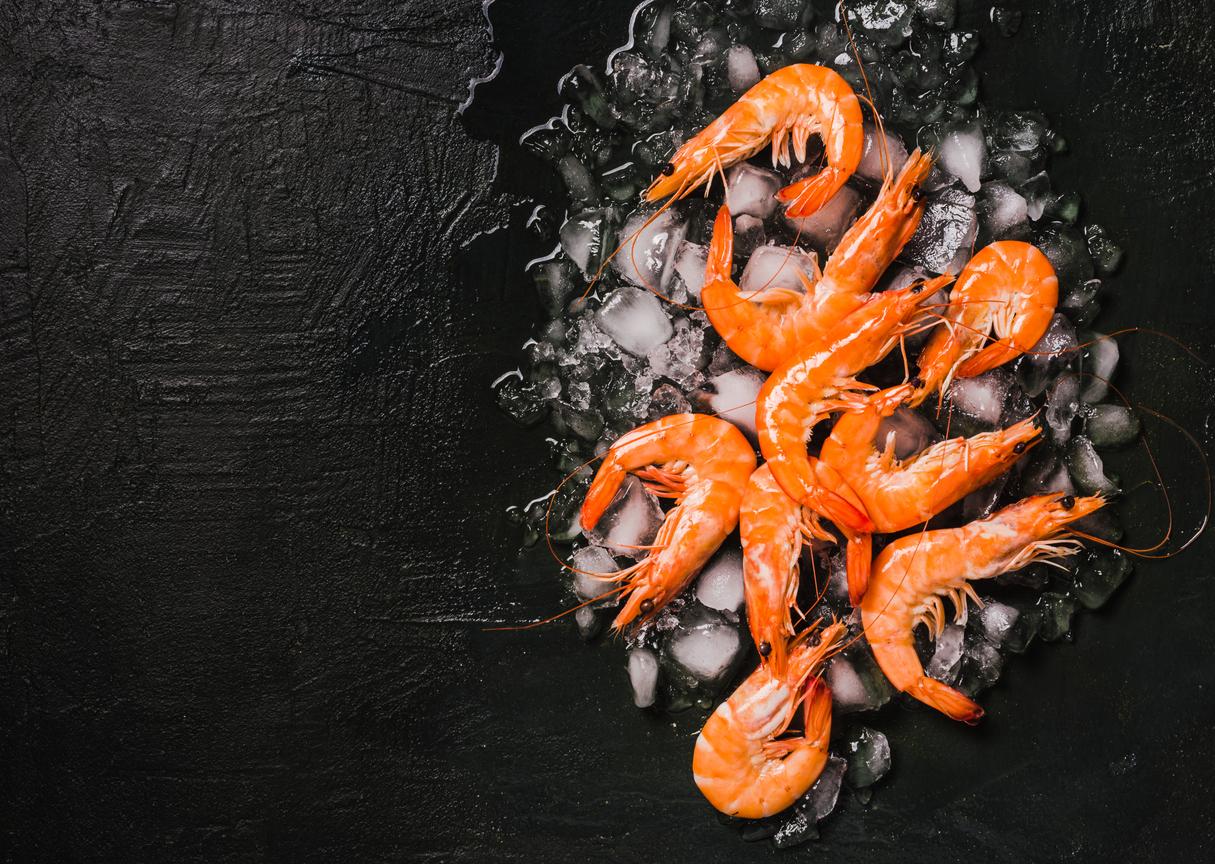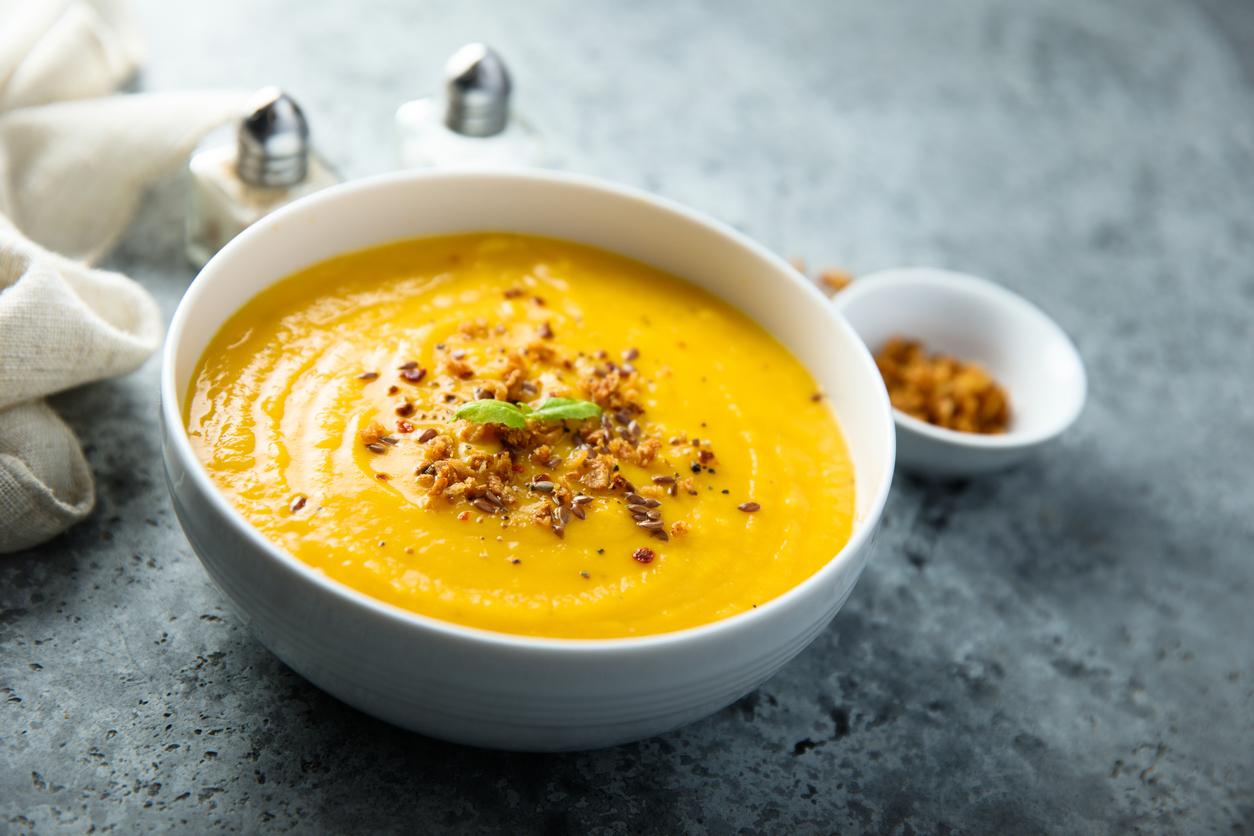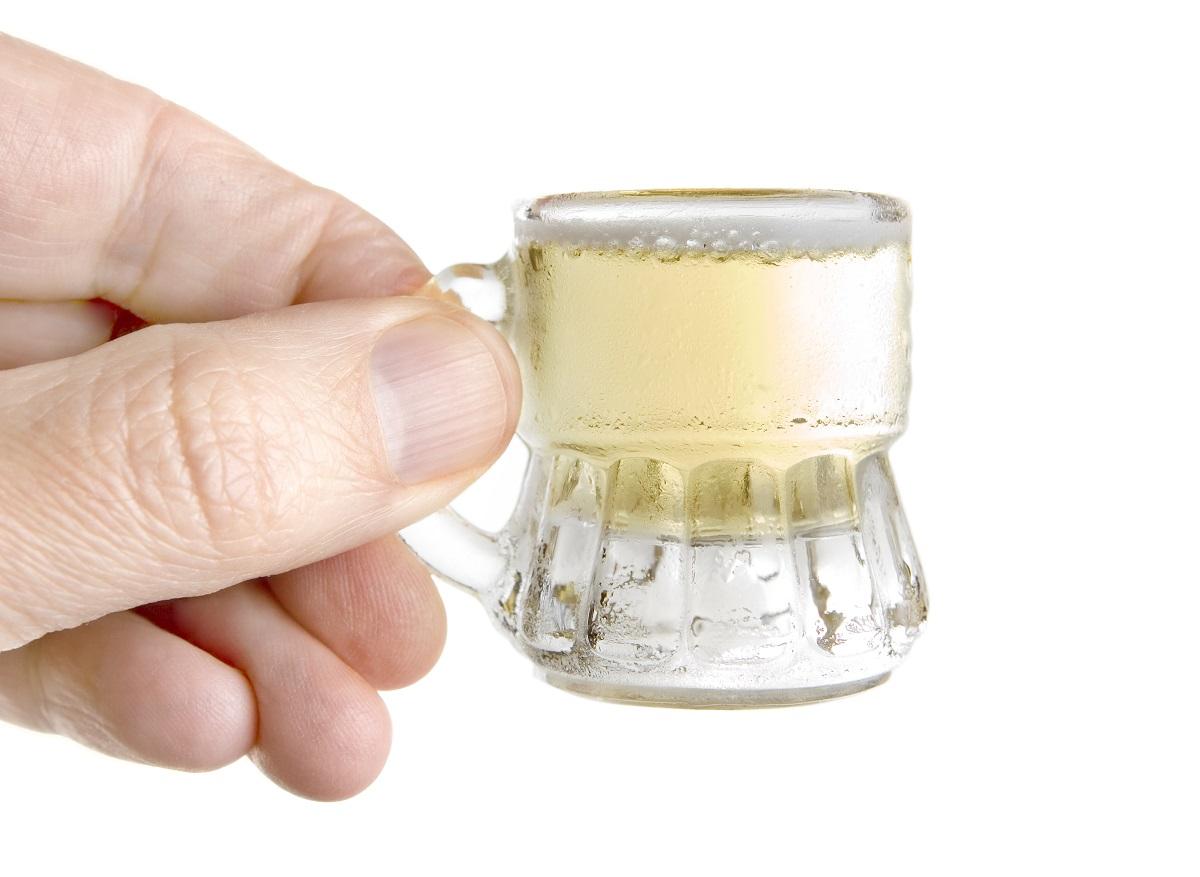Eating lean or semi-fatty fish may increase the risk of juvenile idiopathic arthritis, but not oily fish, a new study suggests.
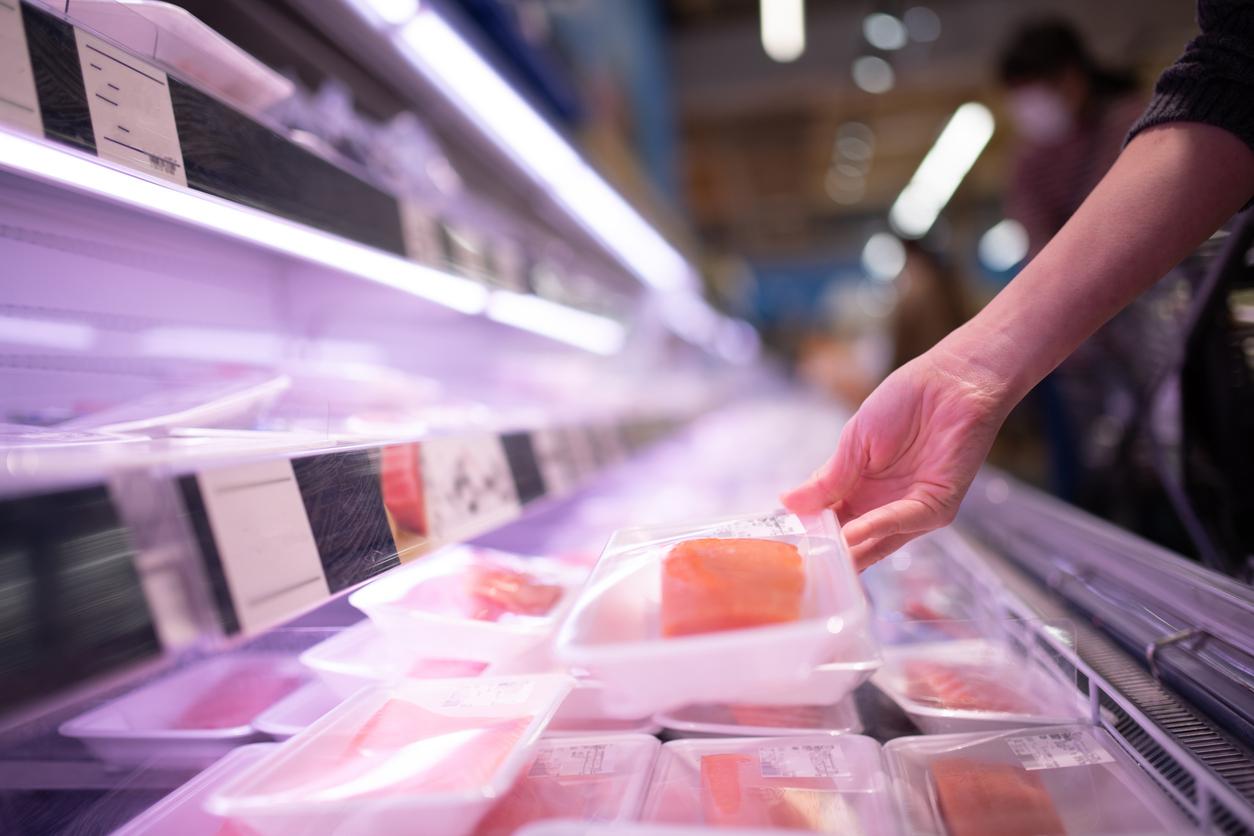
- Researchers have found a link between high consumption of lean and semi-fatty fish and the development of juvenile idiopathic arthritis (JIA).
- On the other hand, when it comes to oily fish, total fish consumption or high mercury intake, scientists have not observed any impact on JIA.
- For now, they believe that their study is not sufficient to advise pregnant women against eating fish.
In France, the number of children under 16 years of age with juvenile idiopathic arthritis (JIA) is estimated at around 4,000 patients, according to the National Diagnostic and Care Protocol (PNDS) for this pathology.
Juvenile idiopathic arthritis linked to fish consumption
The AJI, which usually begins before or around age 16is a group of childhood diseases characterized by persistent or recurring joint inflammation, depending on the MSD ManualThe cause of JIA remains unknown at this time.
But, in a 2019 study published in the journal Pediatric Rheumatologyresearchers showed that eating fish at least once a week during pregnancy and during the first year of life was associated with up to a five-fold increased risk of JIA. The main reason was exposure to heavy metals contained in this food.
In new studythe researchers wanted to more precisely verify the association between fish consumption, the level of mercury (one of these heavy metals) and JIA. To do this, they used data from pregnant women between 1999 and 2008. In total, more than 73,000 mother-child duos were analyzed, of which 218 suffered from JIA.
Researchers defined high fish consumption as exceeding
- 252 grams per week for those considered lean and semi-fat
- 157.5 grams per week for oily fish
- 427 grams per week for total fish consumption.
They were thus able to define the mercury intake, knowing that consumption was considered significant from 20 micrograms (μg) per week.
Only lean and semi-fatty fish are at risk
Results: There was indeed a link between high consumption of lean and semi-fatty fish and the development of JIA. However, when it came to oily fish, total fish consumption or high mercury intake, the scientists did not observe any impact on JIA.
“We observed a higher likelihood of AJI when maternal consumption exceeded 252 grams of lean or semi-fatty fish per week, compared with lower consumption, says Vilde Øverlien Dåstøl, one of the authors, in a communicated. But [nos résultats] are much lower than those in the Swedish study. We found no association between total fish consumption or estimated dietary mercury intake and JIA.”
Further research will need to be conducted to confirm or refute these results.”Although our data indicate an association, the causal link is not definitive, continues Vilde Øverlien Dåstøl. Therefore, we cannot warn pregnant women against eating fish on this basis alone, especially since other research highlights the positive impacts of a healthy diet. [contenant beaucoup de produits issus de la mer].”









